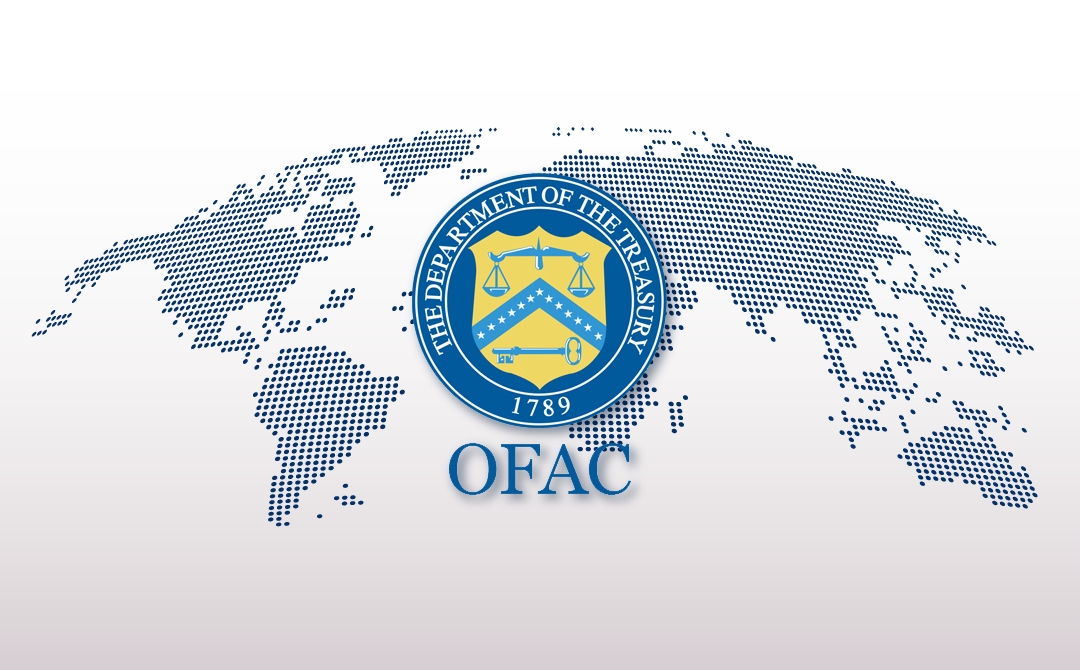The international trade landscape is full of opportunity, but it also comes with serious responsibilities. Businesses operating across borders must pay close attention to regulatory compliance. One of the most important areas to understand is export controls and sanctions, particularly those issued by the U.S. Department of the Treasury’s Office of Foreign Assets Control, known as OFAC. This agency plays a major role in protecting national security and foreign policy interests by enforcing trade and economic sanctions.
What Are OFAC Sanctions?
OFAC sanctions are government-imposed restrictions that prevent U.S. individuals and companies from doing business with certain countries, people, or organizations. These sanctions can block financial transactions, limit the export of specific goods, and prevent services from being delivered. The goal is to cut off economic support to parties that threaten U.S. interests.
Who Is Affected?
OFAC sanctions apply to all U.S. persons. This includes citizens, permanent residents, companies registered in the U.S., and foreign branches of U.S. firms. Even if your business operates outside the U.S., you might still be affected if you use U.S.-based financial services, tools, or technologies in your operations.
Why Export Compliance Matters
In recent years, enforcement has become more aggressive. In 2023 alone, OFAC issued more than $1.5 billion in penalties for violations. This trend is expected to grow stronger through 2025. Ignoring export compliance can cost you both financially and reputationally.
Countries Under OFAC Sanctions
OFAC maintains different levels of sanctions. Some are comprehensive, blocking nearly all transactions. Countries like Iran, North Korea, Syria, and Cuba fall into this category. Others are subject to targeted sanctions, which limit specific sectors or entities. Venezuela, Russia, Libya, Somalia, and Yemen are examples. In Venezuela, for instance, the focus is on sectors like gold, oil, and gas.
It is crucial to stay updated. Sanctions vary by country and change frequently. Even if you think your transaction is safe, it may be restricted. Always do a full check before doing business with international partners.
How to Check for Sanctions
To protect your business, screen everyone involved in your transactions. This includes customers, vendors, logistics partners, and financial institutions.
Start with the Specially Designated Nationals (SDN) List, which names people and entities subject to OFAC restrictions. Also check the Consolidated Screening List (CSL), which combines information from the Departments of Treasury, Commerce, and State.
Both lists are searchable online. You can search by name, company, or country to make sure you are not unknowingly engaging in a restricted transaction.
Best Practices for Staying Compliant
Compliance is not a one-time check. Here are a few essential steps:
- Screen every shipment, every time. Restrictions can be added at any moment.
- Do not forget services. If you are providing software access or support, you must screen those recipients as well.
- Use the CSL for every transaction. It merges restricted parties from multiple U.S. agencies.
- Make screening a regular part of your export workflow.
Why and When to Use the Consolidated Screening List
- Always check before every export shipment, even if the customer is long-standing. New restrictions can be added without notice.
- For export services such as software or support, screen the customer before delivering anything.
- The CSL brings together restricted parties listed by the Department of Commerce, Department of State, and Department of the Treasury.
- It is centralized and searchable on a single government website, allowing quick checks by name or company.
- Using the CSL helps you avoid accidental violations and possible penalties.
- Include CSL checks in your standard compliance process for all transactions.
You do not have to handle this on your own. There are resources that can help.
The U.S. Commercial Service offers an International Company Profile for a small fee. It includes background checks and CSL screening, done by trade experts in the destination country. This is a smart first step in your due diligence.
There are credit insurance options that cover up to 95 percent of your shipment value in case of nonpayment. During underwriting, your customer’s background is reviewed, which can help you identify risky deals.
Export compliance consultants can also help you build a strong program and train your team. In West Virginia, the Governor’s Guaranteed Workforce Program may cover these training costs. Contact the West Virginia Division of Economic Development to learn more.
Conclusion: Export Compliance is Your Responsibility
Always remember that due diligence is your ultimate responsibility when exporting. Never dismiss potential red flags in favor of simply closing a sale. For example, if a customer based in one country requests that their shipment be sent to a completely different country, especially one on an OFAC sanctions list, it demands immediate investigation. If an export transaction doesn’t feel right, don’t hesitate to share your concerns with your local U.S. Commercial Service representatives and a State of West Virginia International Trade Manager. We are here to provide guidance and help ensure your transactions are both safe and successful.
Streamline your cross-border transactions and ensure full compliance with BRISKPE.
As a leading cross-border payment platform, BRISKPE offers a secure, transparent, and efficient way to send and receive international payments, helping you maintain healthy cash flow while navigating the intricacies of global trade. We charge a flat $16 per transaction for payments up to $2,000. For payments between $2,000 and $10,000 the charge is $25 per transaction. For amounts above $10,000 the rate is 0.25% per transaction. Payments exceeding $50,000 per month or enterprise clients can access custom pricing by talking to us.
Visit BRISKPE today and experience seamless international payments tailored for your business!





